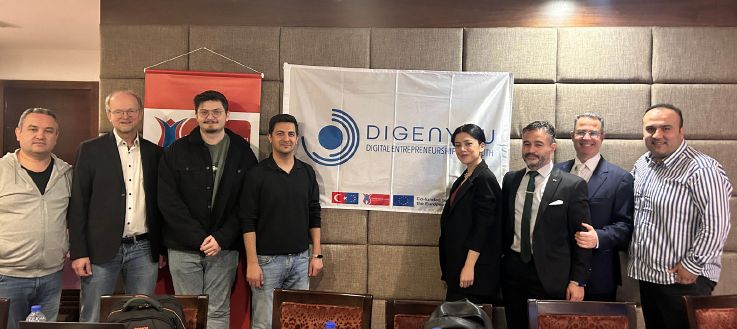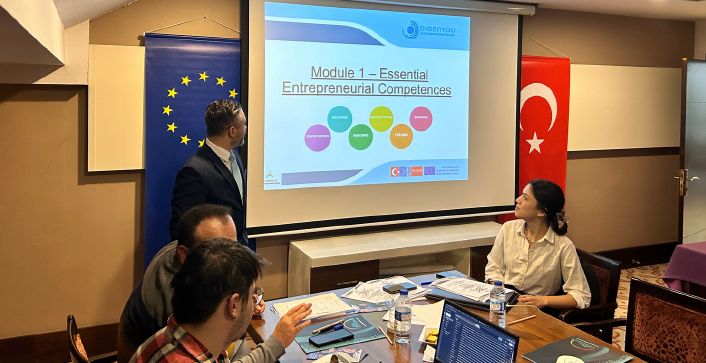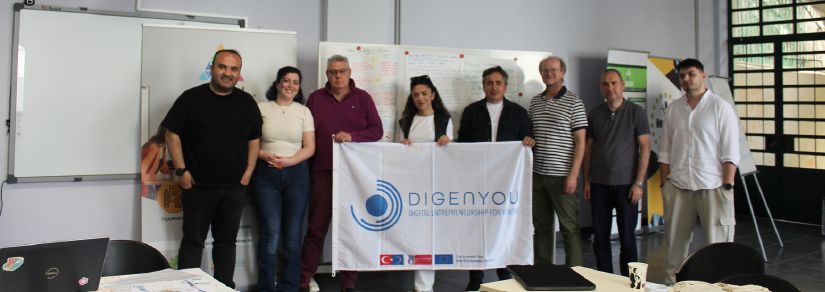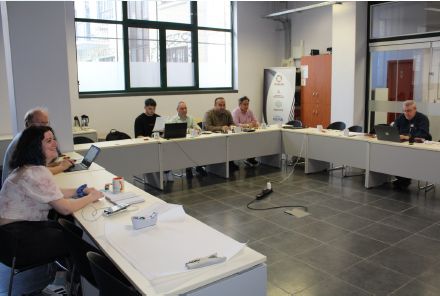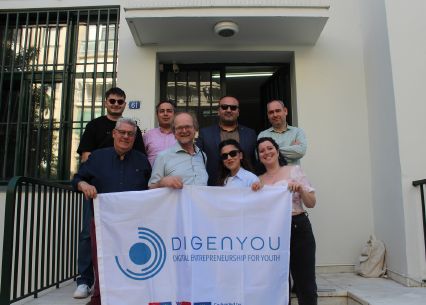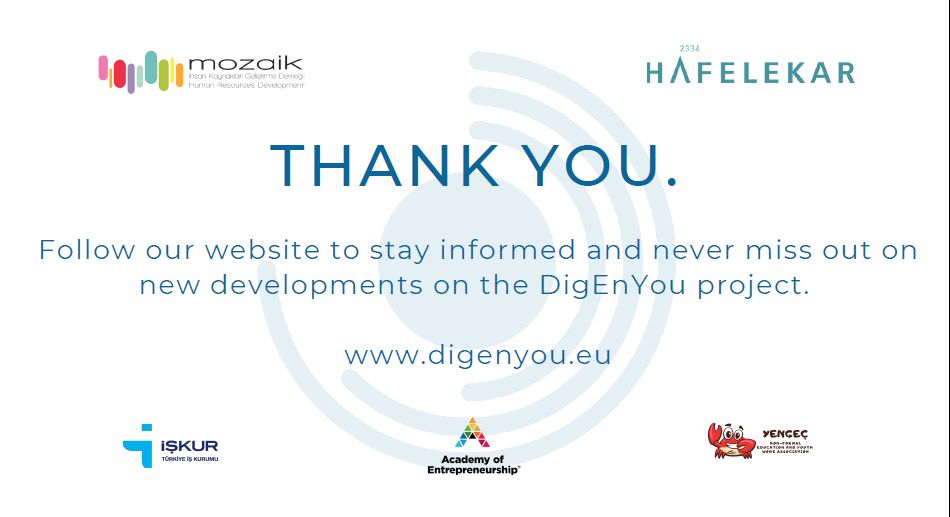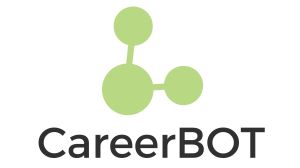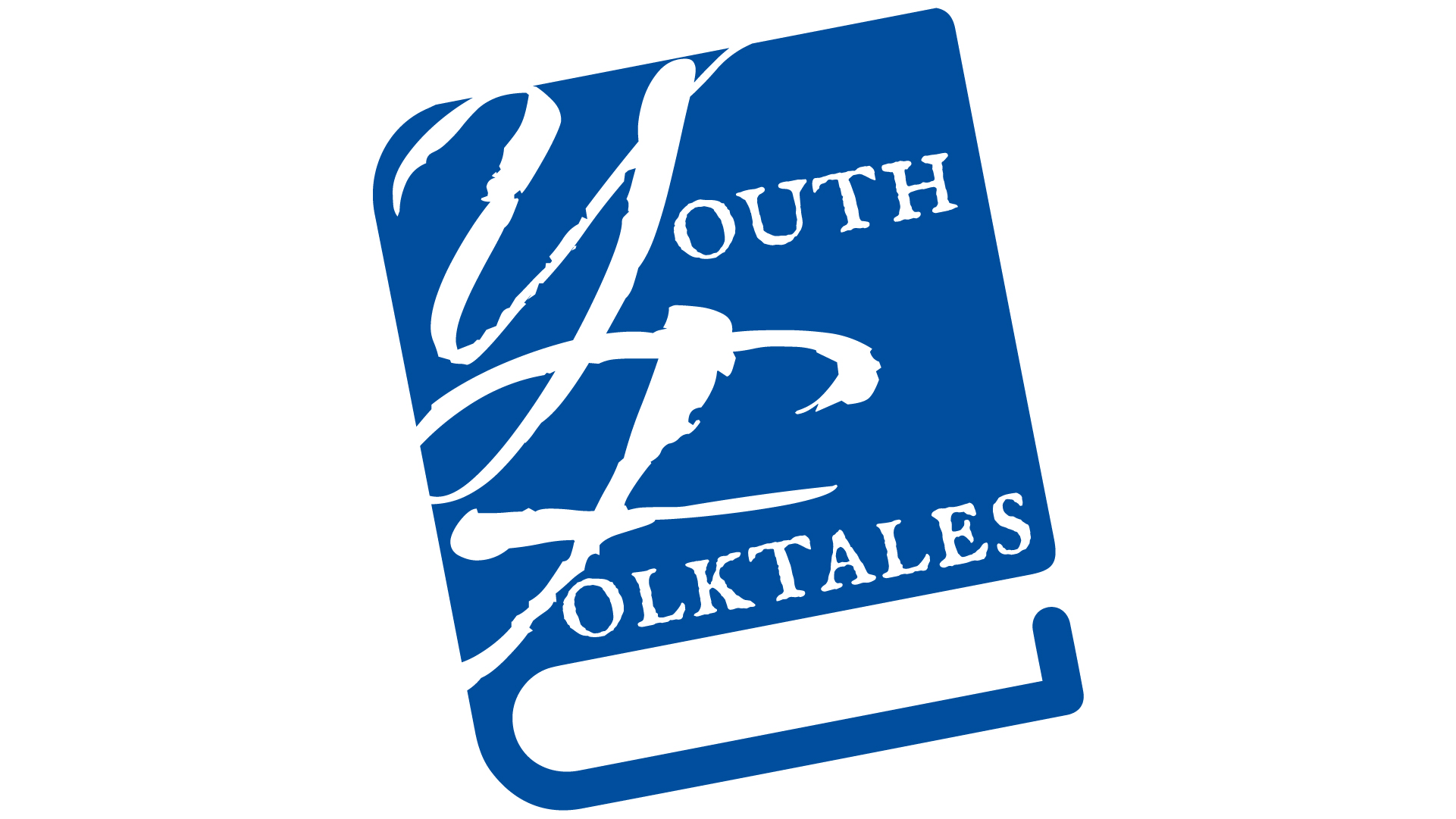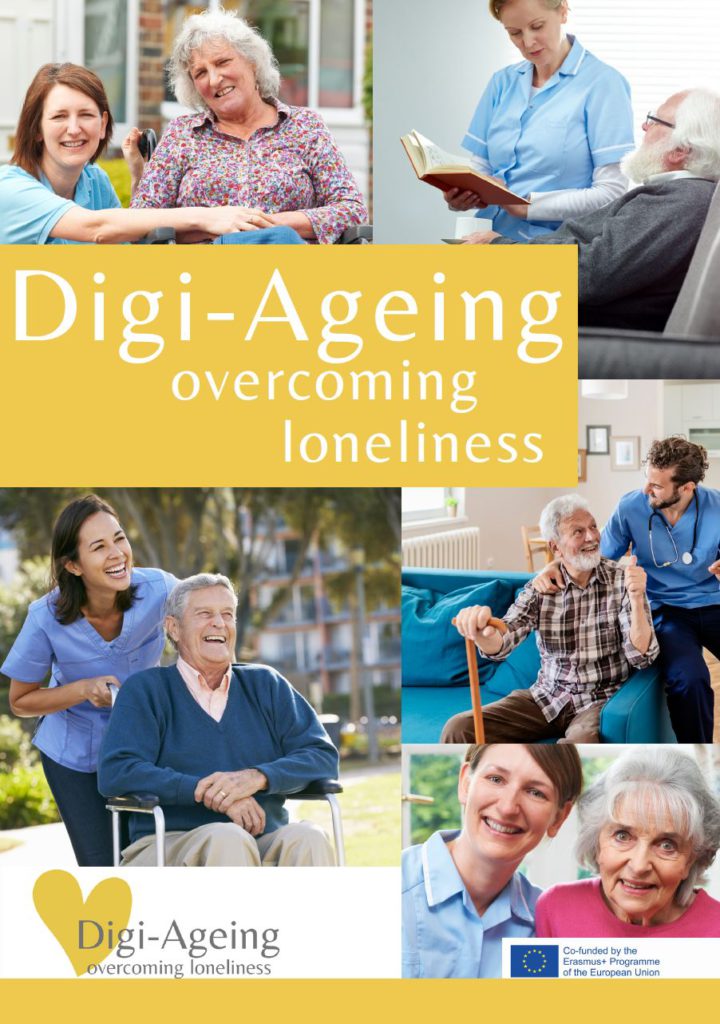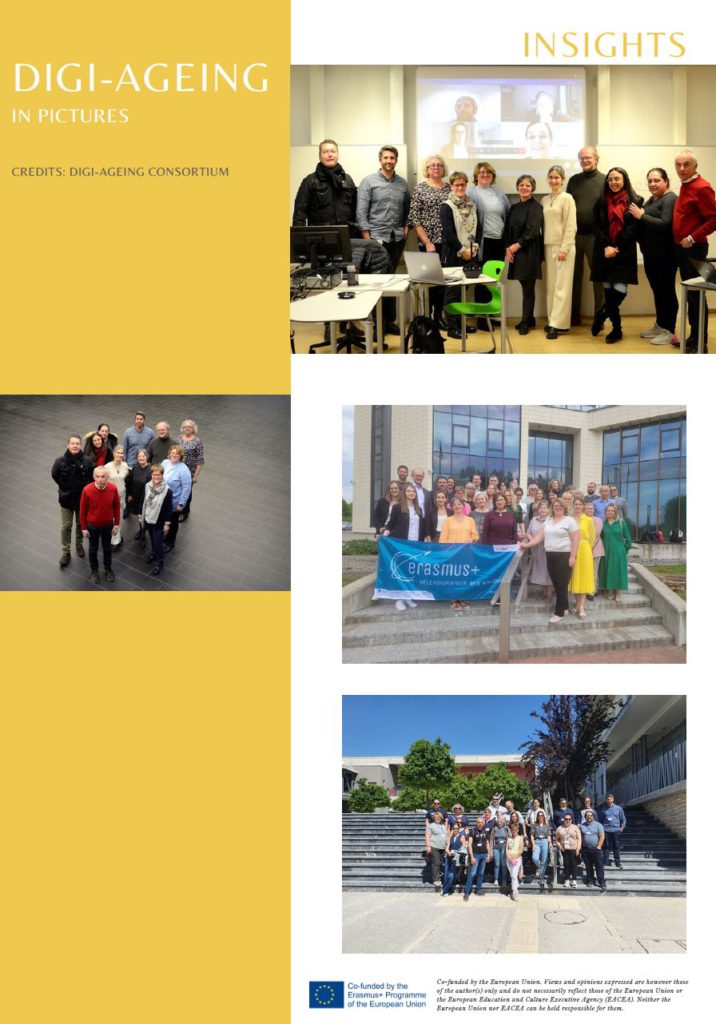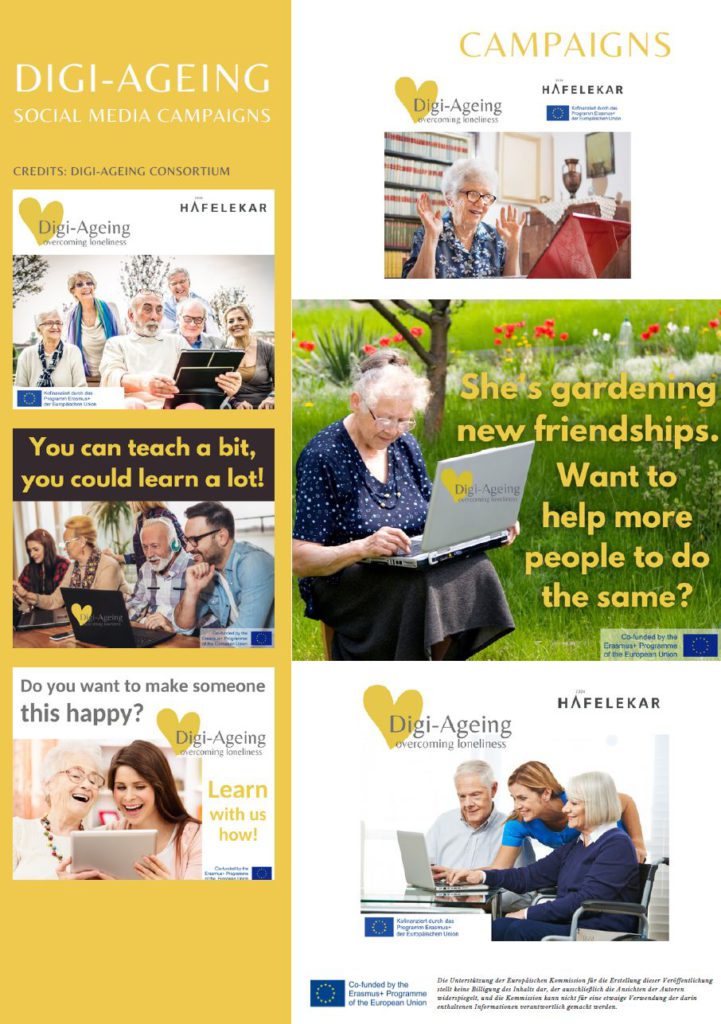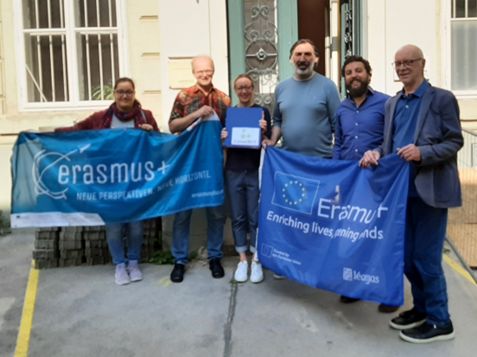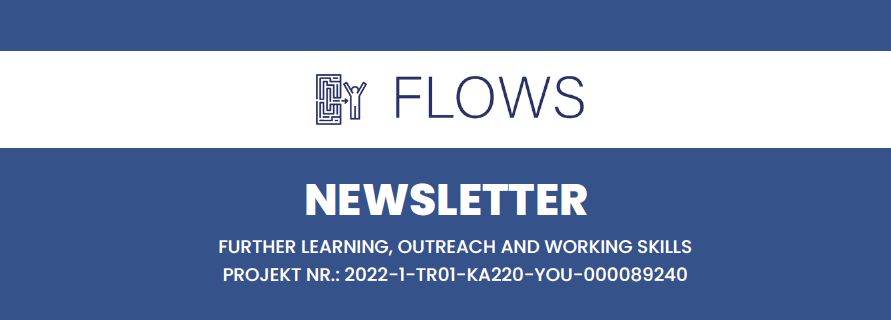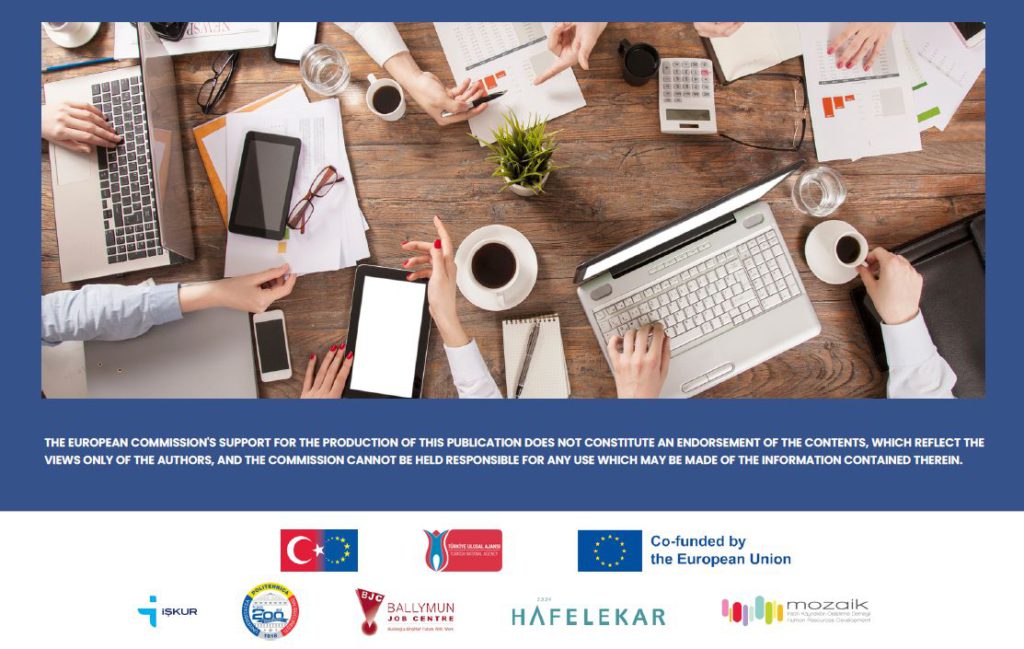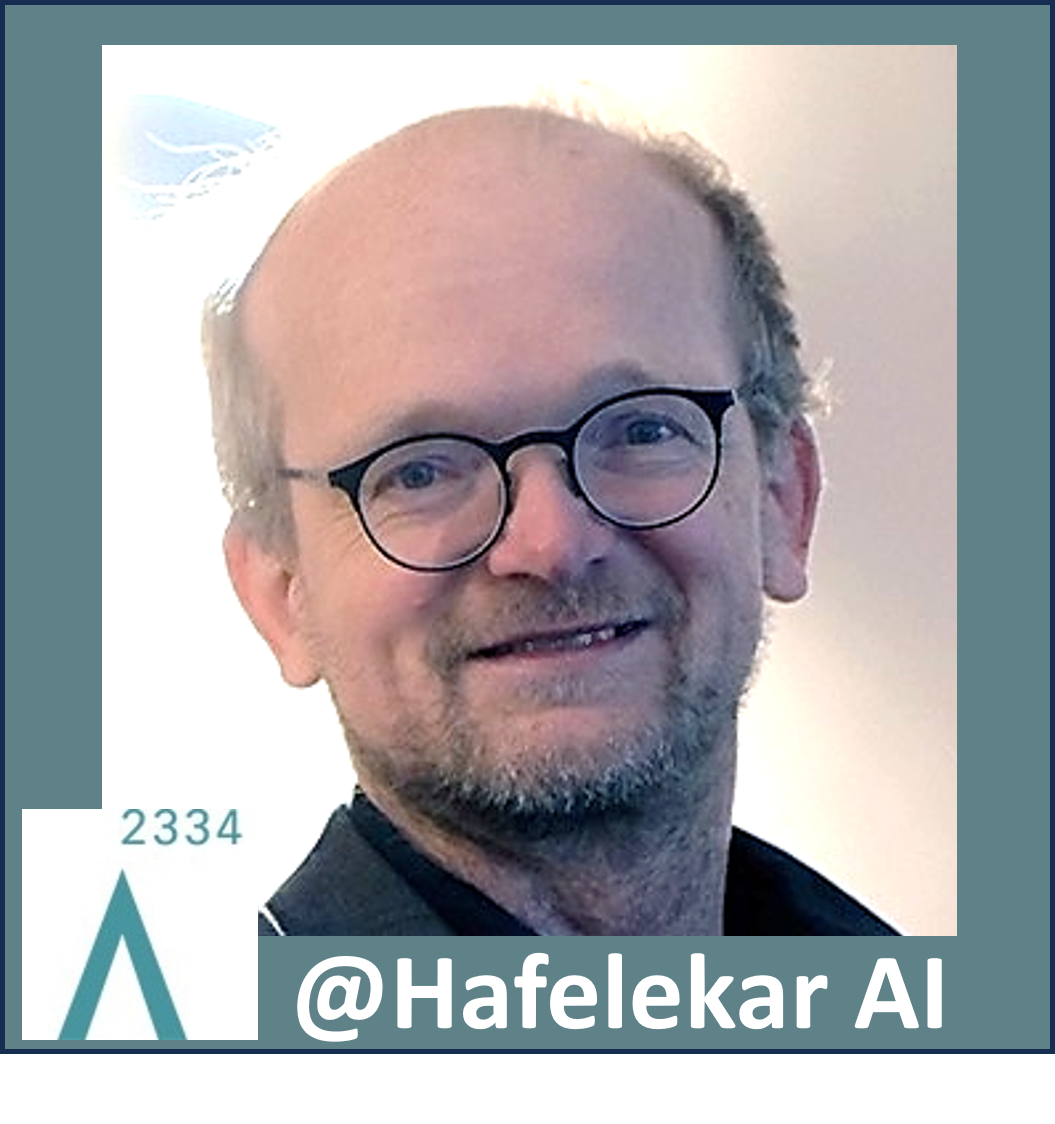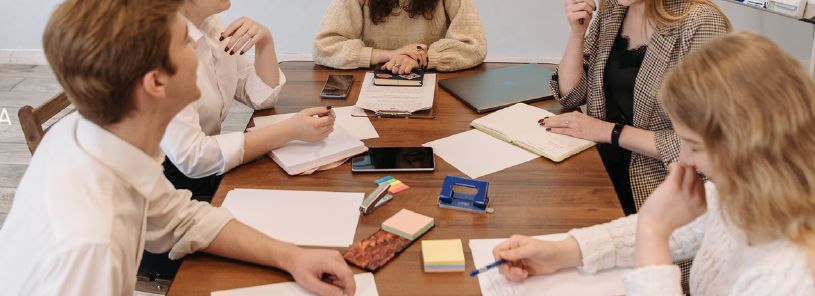
The pilot phase of the Flows project has been completed!
As the FLOWS project draws to a close, we are pleased to announce the successful completion of another important milestone: FLOWS piloting has been completed in all project partner countries, including Austria, Ireland, Türkiye and Romania. In line with the common approach of the partners,the training was conducted by facilitators who had previously been trained during the LTTA in St. Pölten, Austria in February 2024. Their previous training provided them with the skills and knowledge to deliver the FLOWS blended learning programme and guide the practitioners through the pilot phase.
After the training, each practitioner received personalised login details forthe FLOWS platform, including a unique username and password, along with a guide that provided clear instructions on how to manage client accounts during the pilot. At the end of the training, practitioners also completed the learning diary, provided valuable feedback on the training process and received official training certificates following the expert talk session. At the end of the piloting process, each project partner produced a national report detailing their individual piloting experiences and outcomes. These reports provide insights into the effectiveness of the FLOWS tool and contribute to a comprehensive understanding of the success of the pilots across all project partner countries. Let’s take a look at how the Flows Tool was piloted in the project partner countries
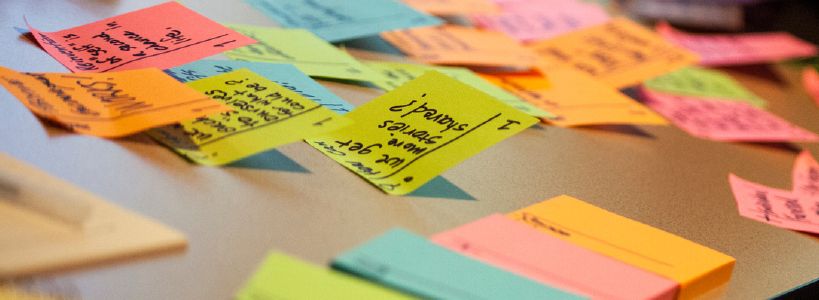
IN AUSTRIA
The pilot training in Austria, organised by Hafelekar, took place on 14, 21 and 24 July. The training was designed to introduce 6 additional practitioners from 2 organisations to the FLOWS blended learning training programme and the FLOWS tool.
Two practitioners from Hafelekar, who had already been trained during the LTTA in Austria, took on the role of facilitators and the additional practitioners included 3 vocational counsellors from TSD – Tiroler Soziale Dienste. The FLOWS tool proved to be particularly beneficial for clients as it does not rely heavily on text and effectively uses videos to demonstrate everyday activities.The other 3 practitioners were from Rotes Kreuz Tirol, who incorporated the FLOWS training and FLOWS tool into their internal training programme. These 8 practitioners have tested the FLOWS tool with a total of 21 young people .


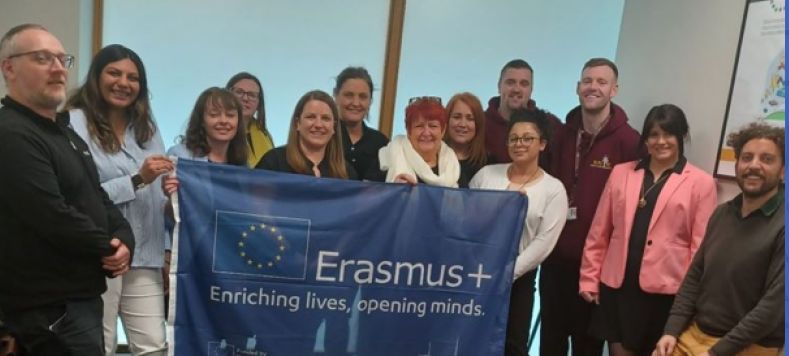

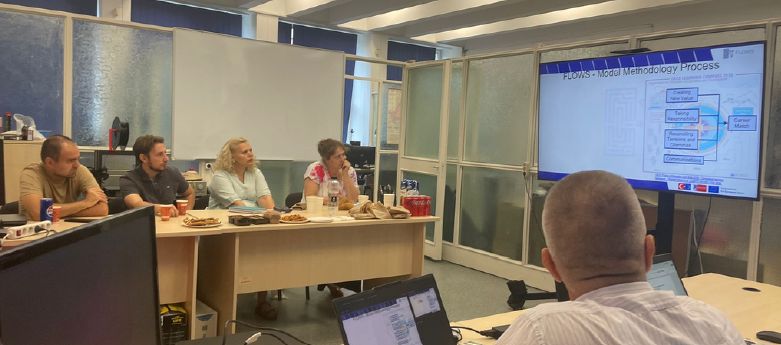
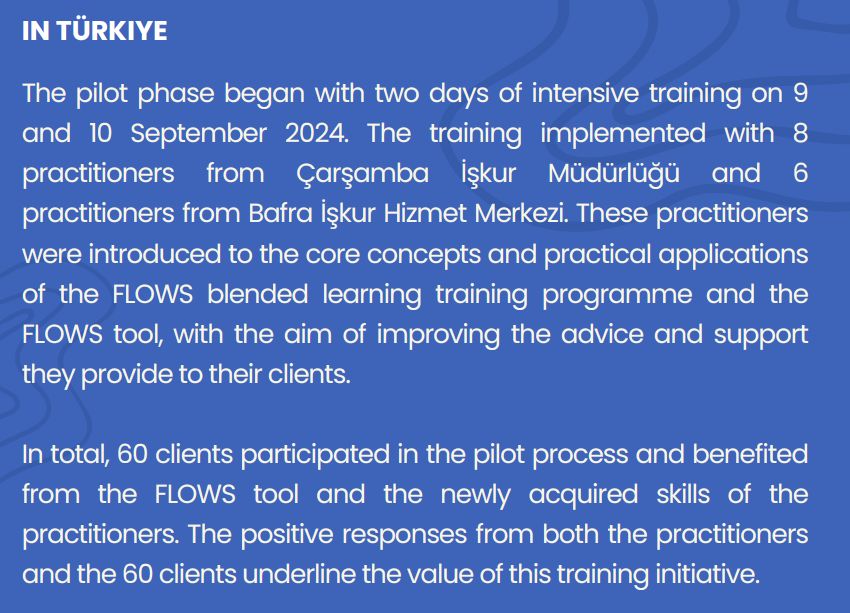
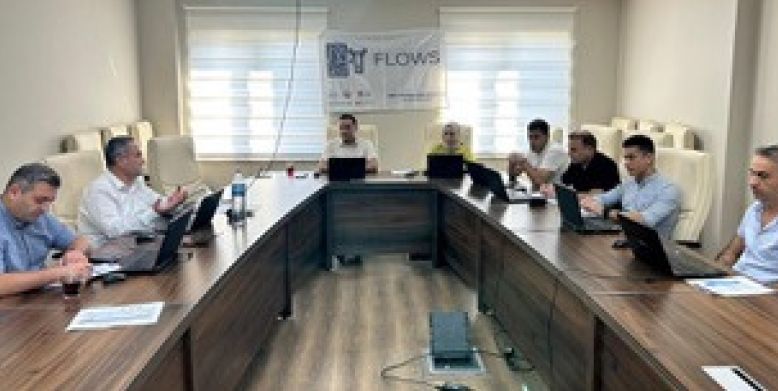
WHAT ARE THE NEXT STEPS FOR THE FLOWS PROJECT?
The next step of the FLOWS project involves developing the content for psychometric evaluation and hosting Multiplier Events in the project partner countries. More over, the project will conclude with a final meeting in Samsun, Türkiye, where partners will gather to reflect on the project’s achievements and discuss future opportunities.
STAY UP TO DATE WITH OUR PROJECT WEBSITE flows-project.eu
PROJECT COORDINATOR:
ÇARŞ AMBA ISKUR HIZMET MERKEZI MÜDÜRLÜĞÜ (TÜRKIYE)
PROJECT PARTNERS:
- UNIVERSITATEA POLITEHNICA DIN BUCUREȘTI (ROMANYA)
- THE BALLYMUN JOB CENTRE (İRELAND)
- HAFELEKAR (AUSTRIA)
- MOZAIK İNSAN KAYNAKLARI GELIŞ TIRME DERNEĞ I (TÜRKIYE)
Flows 3rd Newsletter EN




